FORT BENNING, GA. – The 1st Security Force Assistance Brigade, an Army conventional force for training and advising globally, had the opportunity to enhance their capabilities and train their military advisors over a two-week period during Advisor Forge at Fort Benning, Georgia, August 5 through 18, 2019.
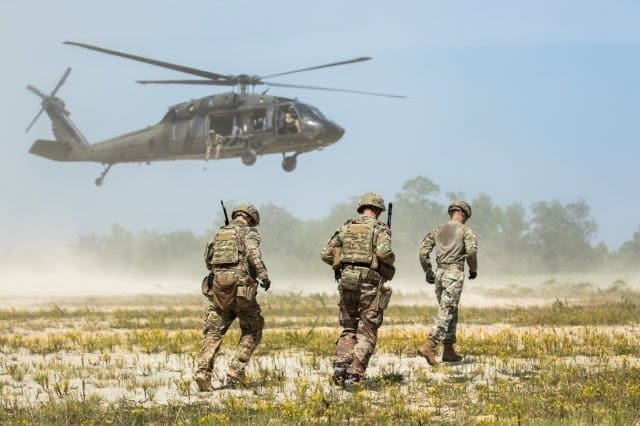
Across scorching hundred degree temperatures in field environments, the Army’s advisors trained in partnering with a foreign force, conducting sling-load operations, establishing electronic equipment for global communication and emergency medical relief scenarios.

The training exercise focused on the development of skills for Army advisors to provide support, advise, and liaise with foreign conventional security force partners in time of worldwide employments.
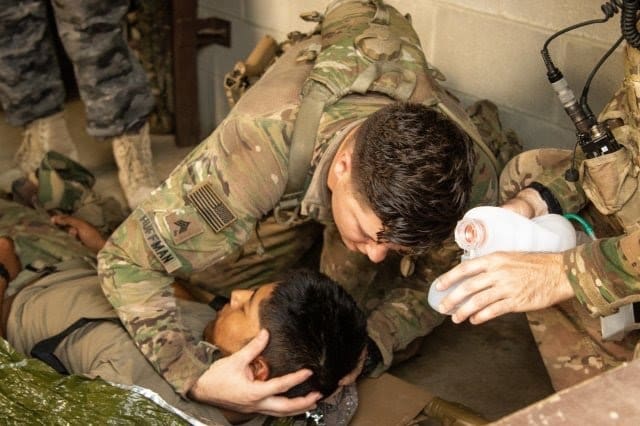
“Through adaptability, we can be prepared for all different presented issues and come together as a global team to solve them,” said Sgt. Michael Fletcher, an intelligence analyst assigned to 1st Security Force Assistance Brigade.
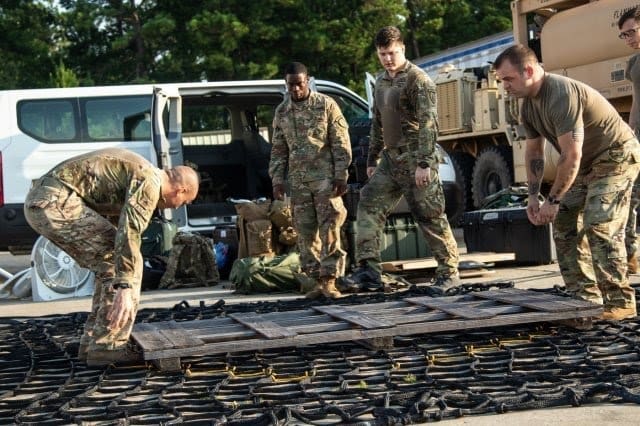
The culminating exercise was an opportunity for participating Soldiers to enact 1st SFAB’s mission statement of supporting local security operations to build partner security capacity and capability and achieve regional security in support of US National Interests.
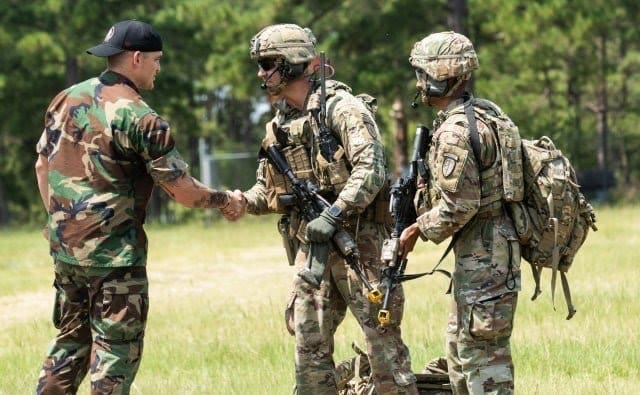
“The reason why we are in the SFAB is to create enduring innovative solutions,” said Cpt. Travis Coley, Headquarters and Support company commander within the 6th Battalion, 1st Security Force Assistance Brigade, “We exist to empower conventional foreign security forces in establishing sustainable methods to solve issues.” Coley believes SFAB Soldiers are able to do so by applying their training in the understanding of local customs, culture, traditions and political nuances.
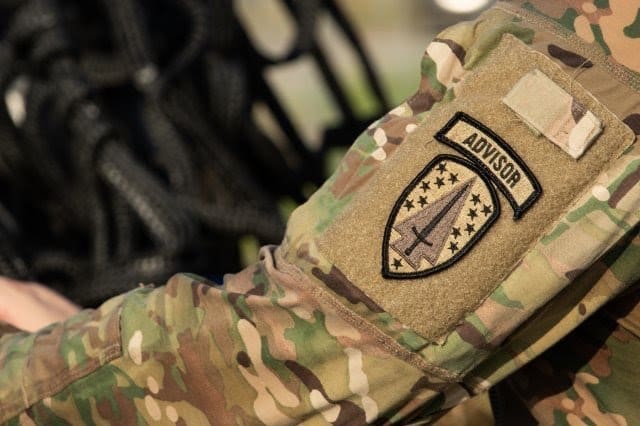
The military advisors and instructors of the 1st SFAB, formed in 2017, includes 529 Soldiers, 360 that are officers. It is the first brigade of its kind. According to the Pentagon. Six fully operational brigades are expected to train and preform at the highest capacity by 2020.
By PVT Daniel Alkana

